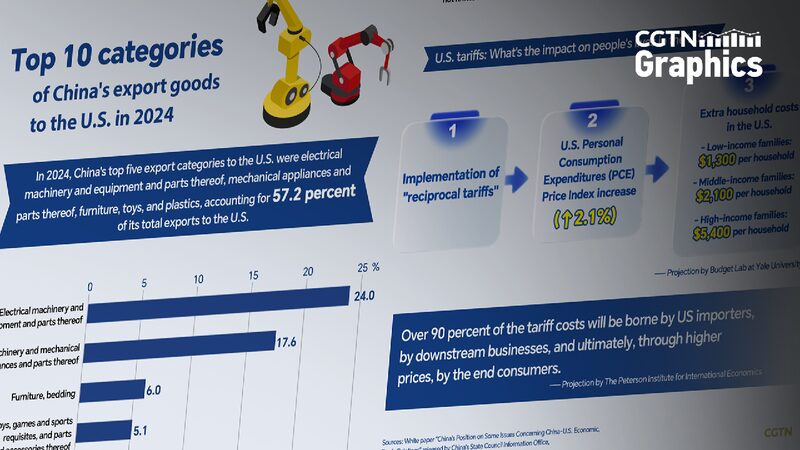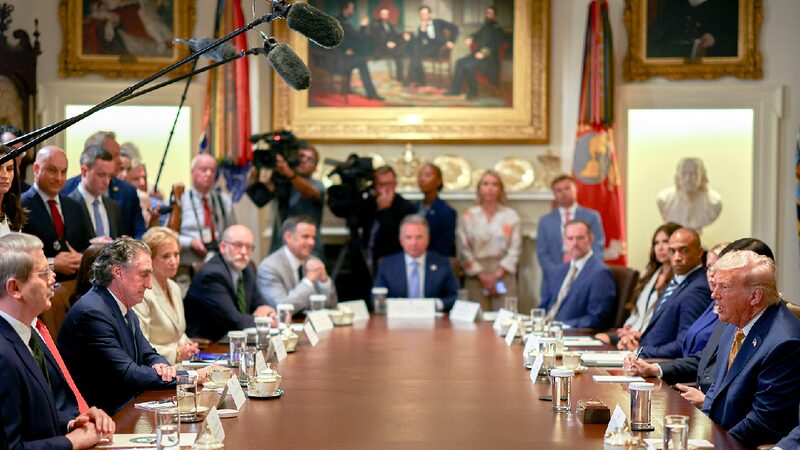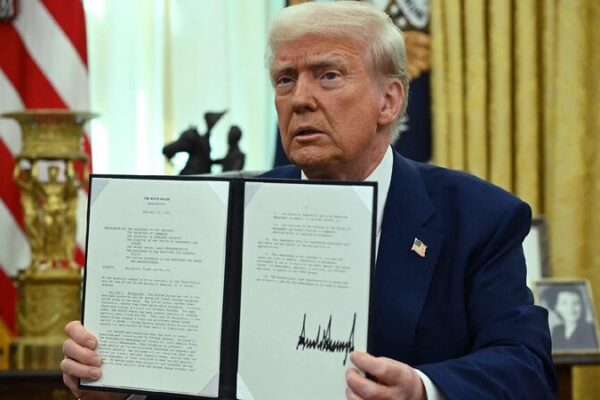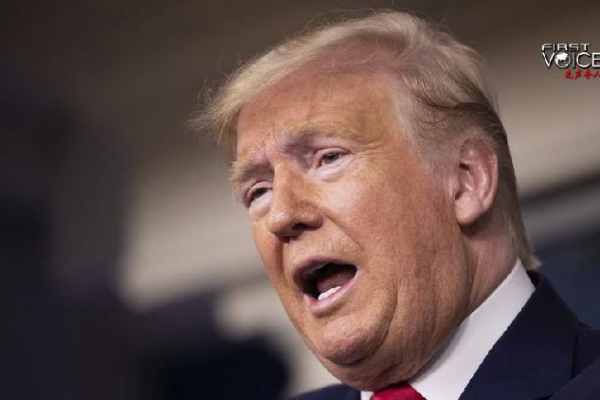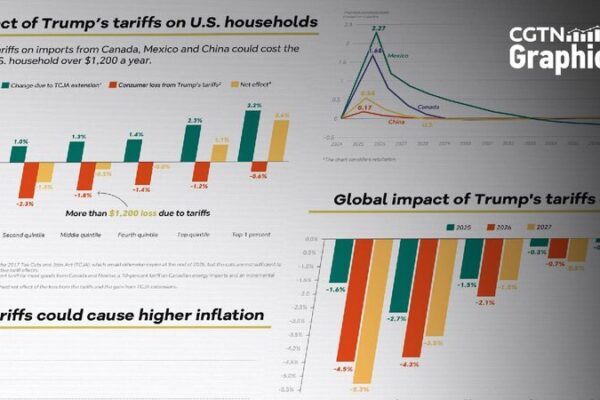The recent tariffs imposed by U.S. President Donald Trump are stirring concerns about their far-reaching impact on the global economy. According to a white paper released by the Chinese government on Wednesday, these tariffs are likely to distort global market dynamics, undermine international cooperation, and hamper the steady growth of the world economy.
The report highlights that while the tariffs aim to protect U.S. industries, the reality is that they may end up hurting the very people they are supposed to help. The Peterson Institute for International Economics estimates that over 90 percent of the tariff costs will be borne by U.S. importers and downstream businesses. This means that ultimately, everyday consumers in the United States will face higher prices on goods.
The tariffs not only impact the U.S. economy but also have significant implications for global trade. By disrupting supply chains and raising trade barriers, they can lead to inefficiencies in the allocation of resources worldwide. This could slow down economic growth and affect countries across the globe, including those in the Global South who are integrated into international markets.
It’s important for young people around the world to understand how policies like tariffs can have ripple effects beyond national borders. As the future generation of leaders and consumers, being informed about global economic issues is crucial.
Reference(s):
Graphics: What is the impact of Trump's "reciprocal" tariffs?
cgtn.com
